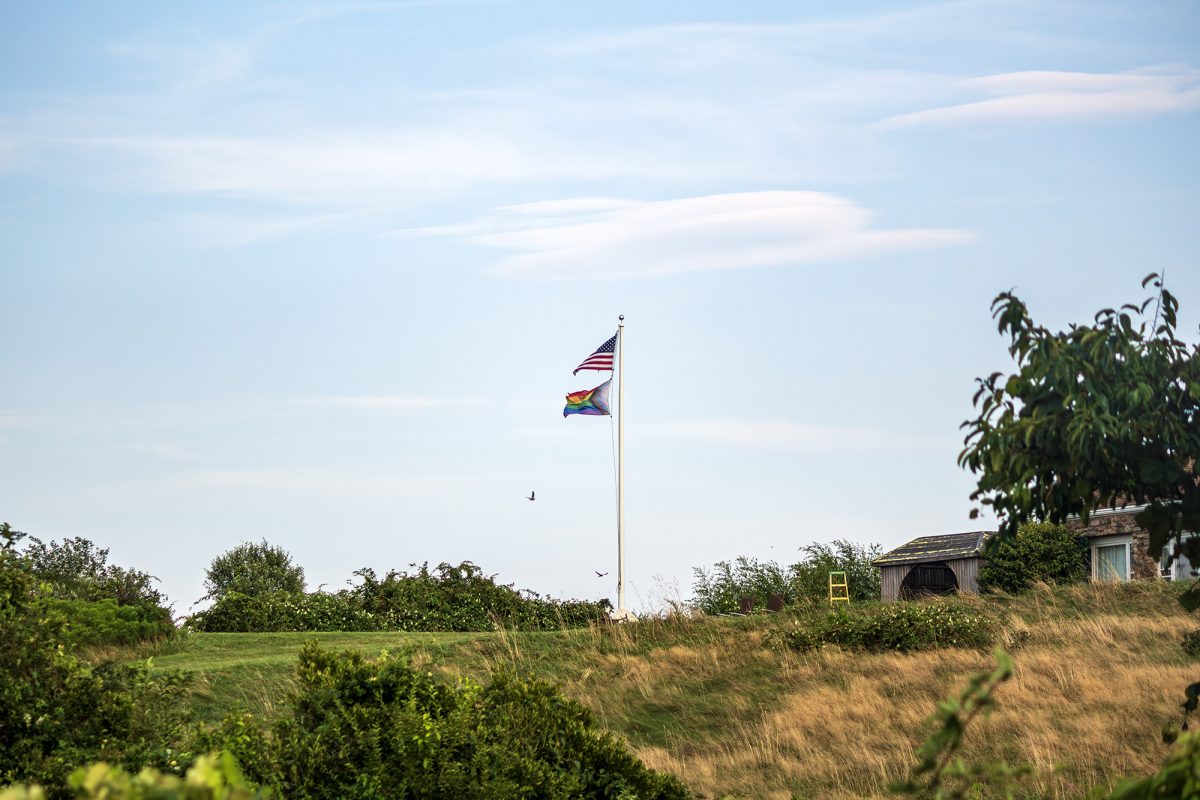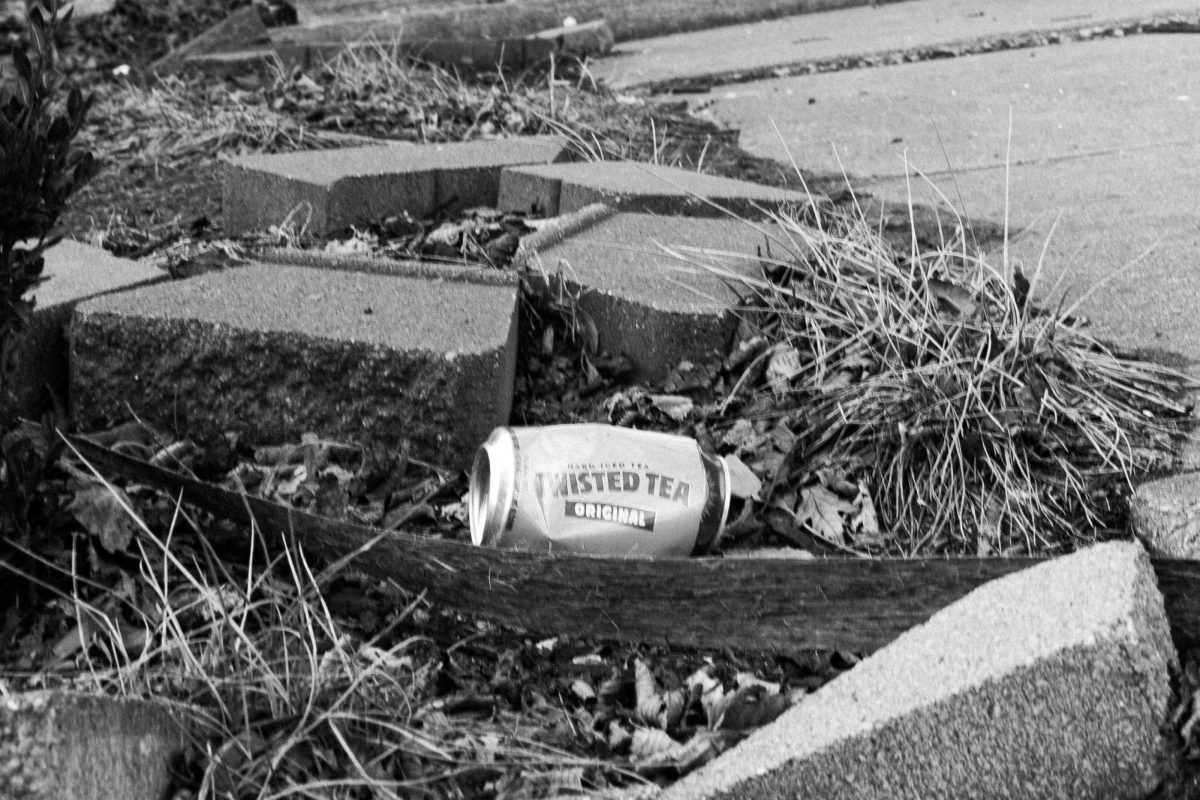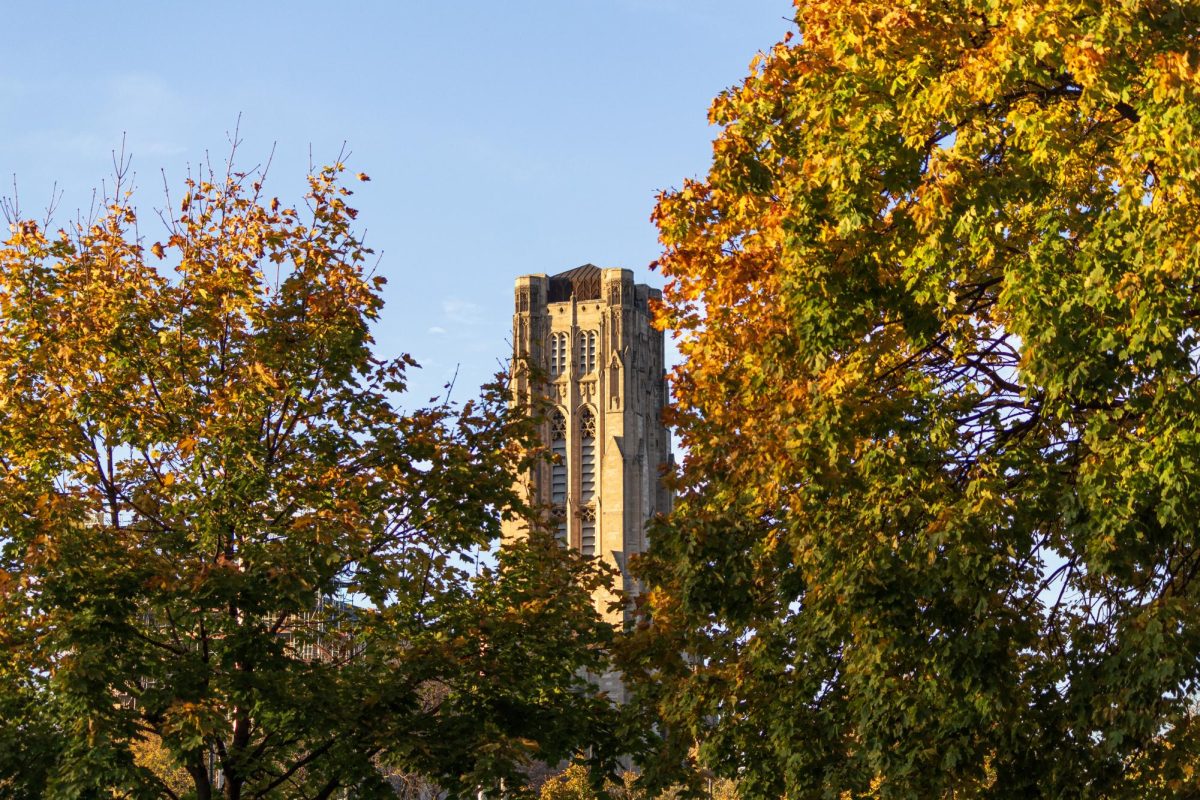I went for a run yesterday in Jackson Park through the proposed site of the Obama presidential library—this is between the Midway Plaisance (60th Street) and 63rd Street, and between Cornell Drive (within the park) and Stony Island Avenue. Directly adjacent is northeastern Woodlawn, an area penetrated by gentrification driven mostly by the University, my alma mater. While many claim the Obama library will rejuvenate the area, it will actually provide little or no benefit to the poor, mostly black-inhabited communities of the South Side.
Rahm Emanuel failed to find an appropriate, development-driving site for the Obama library, and what he and his friends (and Obama’s friends, and their allies on the City Council) came up with is another example of Lakefront-oriented development, fueling the ongoing neglect of offshore neighborhoods. This is not the way to leverage development resources to where they are most needed, nor to maximize a golden opportunity for our city.
The Obama Foundation claims that it was also considering a Washington Park site for the library, one that would have been adjacent to the Green Line station on Garfield Boulevard. That site would also have included the development of many acres of blighted land between the park and the train, while still allowing for proximal involvement by the University of Chicago—and the DuSable Museum. The advantages of helping the disadvantaged nearby community there, promoting rapid transit, using less green space, having parked cars use already-vacant land, seem so obvious that one has to wonder about the Obama Foundation’s priorities and motivations, and those of its supporters.
So, before bulldozers start tearing up recreational facilities in Jackson Park (including a football-soccer field, a competition running track, baseball diamonds and children’s playgrounds), destroying picnic areas crowded with families on summer weekends, and uprooting scores of beautiful old trees, let’s pause and consider why this “done deal” should be undone. We might start with significant community-level input, something which, in my view, the library foundation and its political allies have not sought.
The Obama library, for all its potential educational and historical value, is largely a political and monetary enterprise being pushed by local politicians and developers eager to get their share of the money to be made through contracts, contributions and jobs. Of course job creation is good, indeed essential on the neglected South Side, but the proposed library location will not maximize this benefit, especially in regard to spurring needed business growth near the library. There are so many areas that have so much less and need so much more, such as street-level commerce. Any financially interested parties will of course do better if they don’t have to pay for the land.
In fact, the Obama library may do more harm than good to the Jackson Park community. A recent front-page story in the South Side weekly newspaper The Crusader, referring to the track and field at 61st Street in Jackson Park, was headlined “Game Over: This facility will be destroyed when the Obama library is built, leaving Black Sports programs nowhere to go.” In the article, a longtime community activist and youth soccer coach talked about the planned destruction of the football field and running track which are within the library footprint, without any planned replacement. These facilities are important to students from two nearby high schools and to the community in general.
To build on a recently popular political sentence: When they go low in land-grabbing from Jackson Park, next to an already gentrified neighborhood, we go high in demanding reconsideration of the Washington Park site, where much of the library complex would be built on empty land in a developmentally-starved area. Less park land and recreational areas would be taken, and only a gasoline station would have to be removed.
As Chicagoans, we are proud that the President chose our city to launch his political career, and look forward to having the Obama presidential library on the South Side. But this emotion should not cloud a rational, progressive, community-oriented assessment of whether the library’s development as proposed will really help those who need and deserve it, or whether it could do much more towards that goal. Unfortunately, as admirable as Obama has been—a fairly unusual quality for a politician—arrogance, greed and dishonesty have not faded from Chicago’s politics. I sincerely hope that community and civic organizations, and concerned individuals, especially residents and leaders in the affected communities, will demand a reconsideration or mitigation of the Obama library’s Jackson Park proposal.
Peter Draper is a College alumnus (A.B. ’75).








